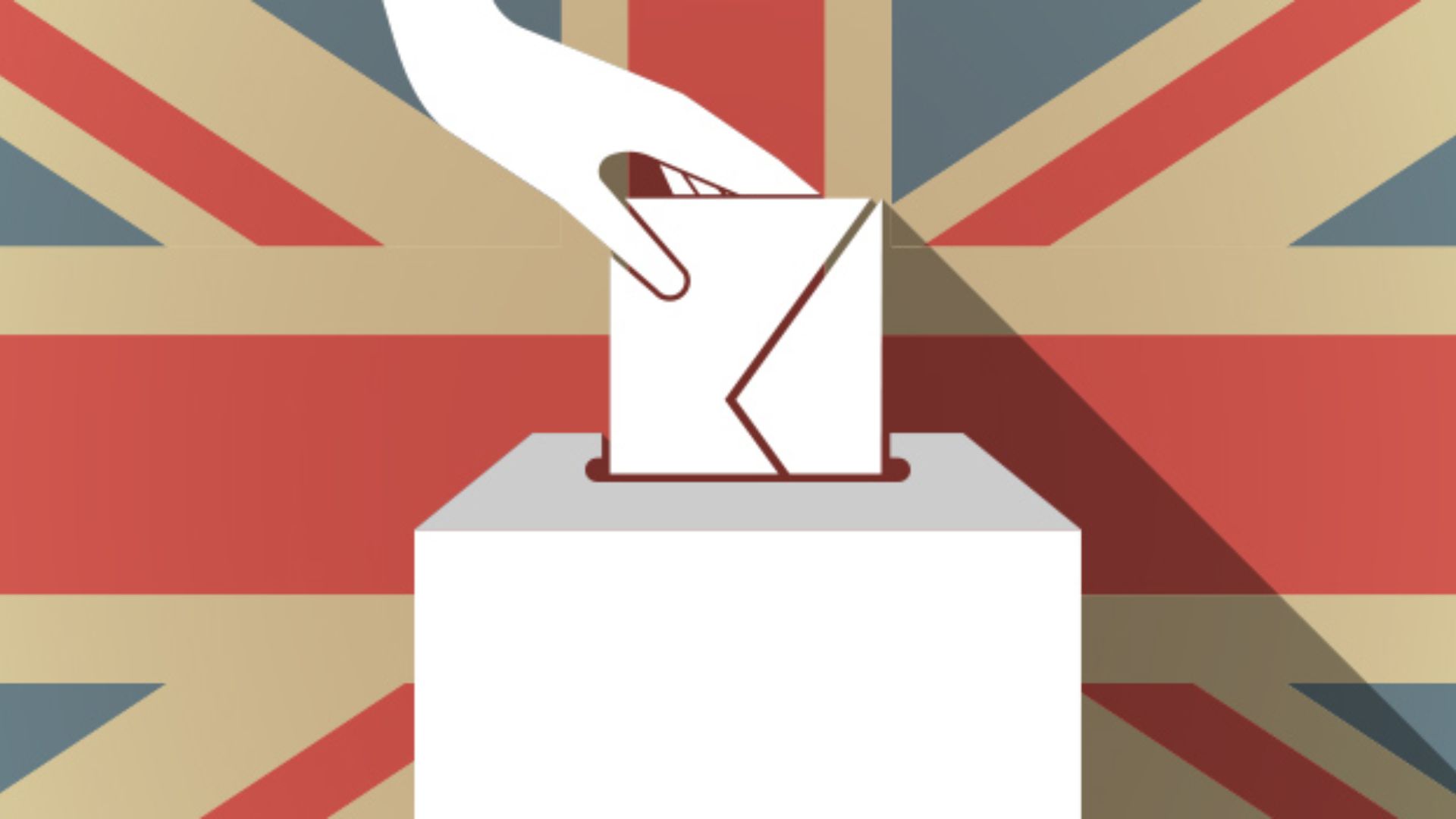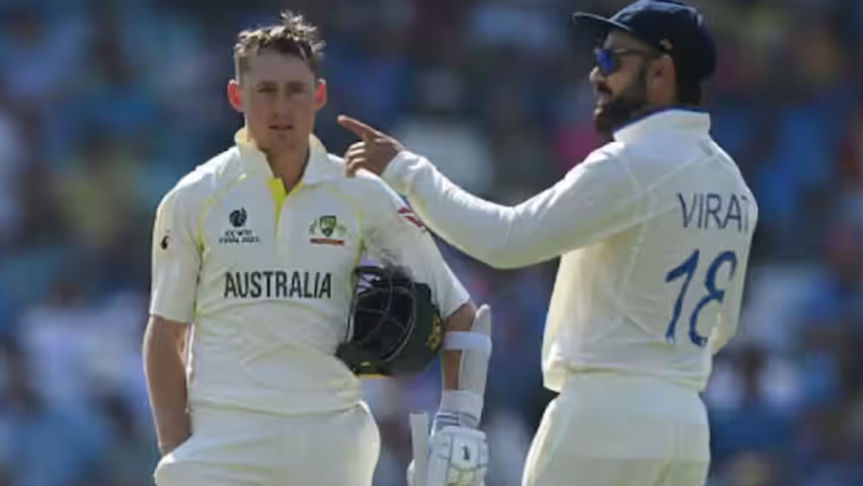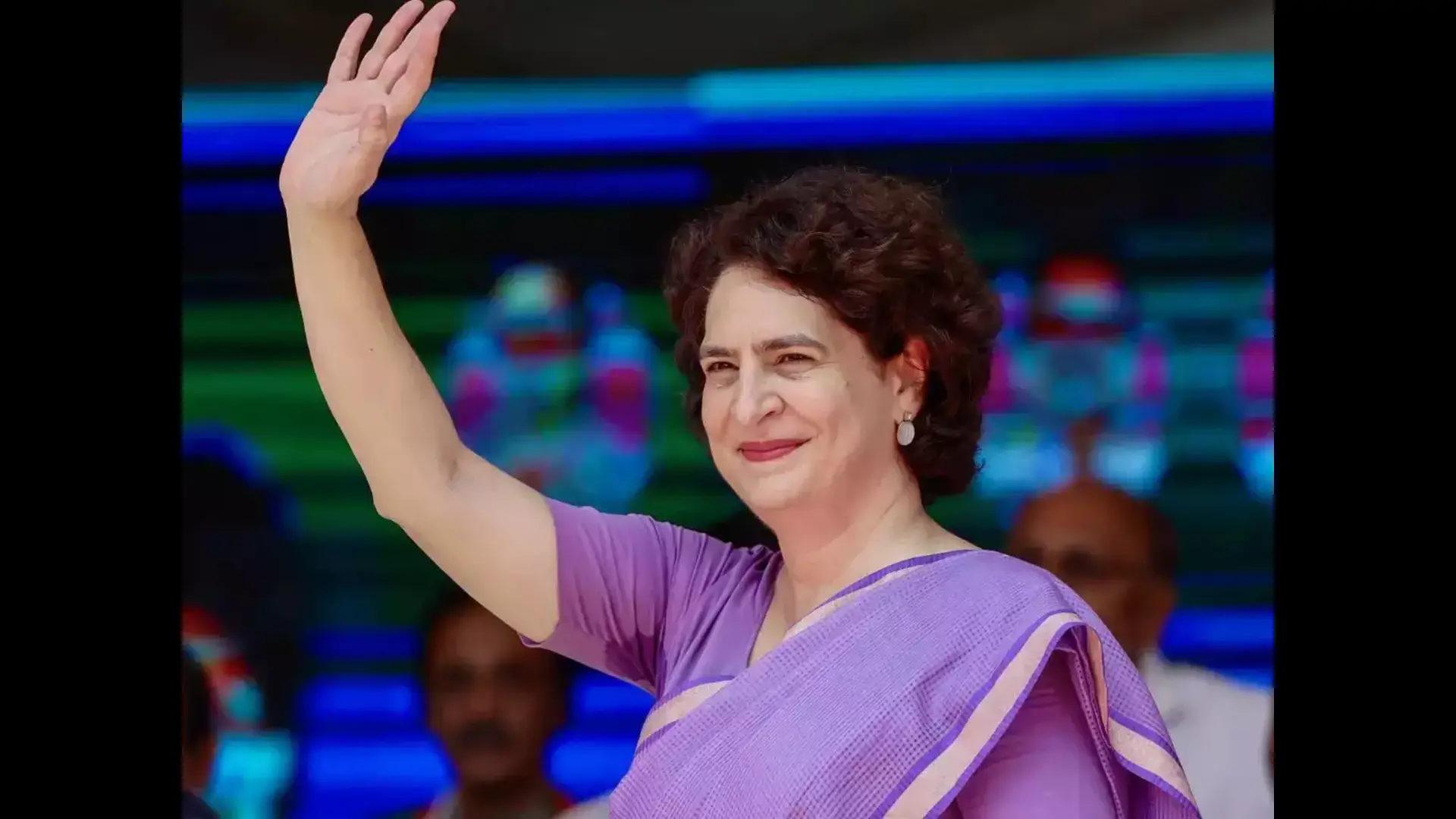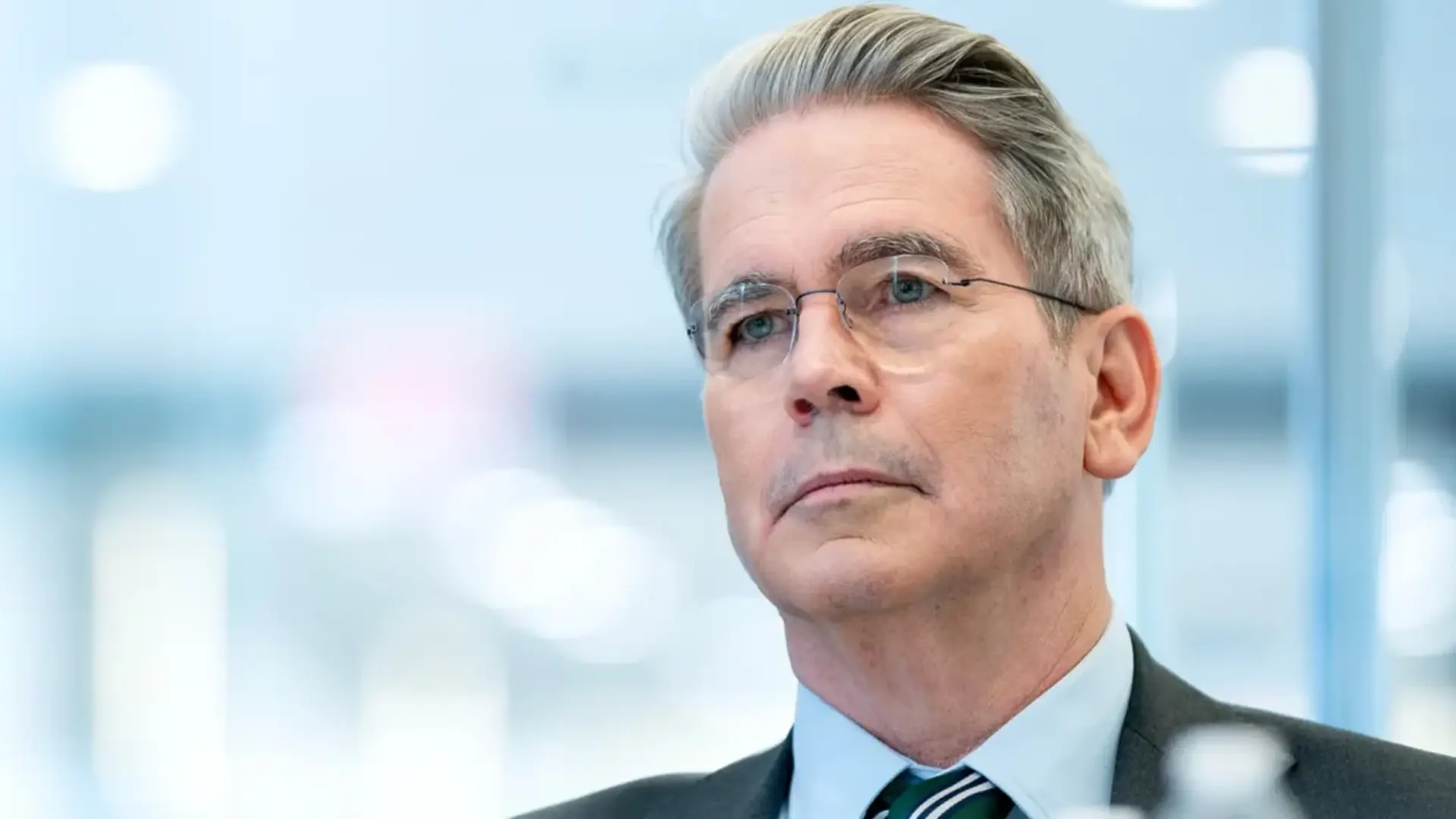
The British parliament dissolved on Thursday, paving the way for a general election on July 4. This election is widely expected to end 14 years of Conservative rule, with Labour poised to take power.
Prime Minister Rishi Sunak set the election date earlier than anticipated, a move seen by many as an attempt to regain momentum as his party slides in the polls. The announcement marked the start of five weeks of campaigning, with all 650 parliamentary seats now vacant.
Sunak’s election announcement came amid heavy rain, which some observers took as a bad omen. The Conservative campaign has faced early challenges, including criticism of Sunak’s decision to call for an early election. Some Conservative MPs expressed frustration, feeling caught off guard by the timing.
The Labour party, led by former human rights lawyer Keir Starmer, stands a strong chance of winning. Polls show Labour holding a significant lead over the Conservatives, averaging 45% of voting intentions compared to the Conservatives’ 23%. This suggests a potential large win for Labour under the UK’s simple-majority voting system.
The Conservatives are dealing with an unprecedented number of MPs choosing not to run for re-election, with 129 MPs stepping down, including 77 Conservatives. This mass exodus reflects the bleak outlook for the party. Notably, Steve Baker, the Secretary of State for Northern Ireland, has continued his vacation in Greece, planning to campaign from there.
Infighting within the Conservative party has also emerged, with one MP being suspended for backing a candidate from the right-wing Reform UK party.
Sunak’s campaign has focused on positioning the Conservatives as the “safe” option, making pledges like reinstating national service and offering a £2.4 billion tax break for pensioners. Despite these efforts, the campaign has struggled to gain traction, with Sunak facing unflattering comparisons to the Titanic during a visit to its construction site.
Labour is capitalizing on public fatigue with the Conservatives, who have cycled through five prime ministers since 2016 amid numerous scandals and economic troubles. Starmer has worked to rebrand Labour as the “natural party of business,” recently securing endorsements from 120 industry leaders.
However, Labour is also dealing with internal strife. MP Diane Abbott criticized the party’s treatment of her after she was barred from candidacy due to comments on racism, highlighting longstanding factional splits within Labour. Starmer has yet to decide Abbott’s fate but faces criticism from left-wing voters who accuse him of abandoning his leadership campaign promises.
As the campaign progresses, Sunak hopes to improve his standing in scheduled debates with Starmer, the first of which is set for next Tuesday on ITV. Meanwhile, Labour aims to maintain its lead by focusing on public dissatisfaction with the Conservative government.














